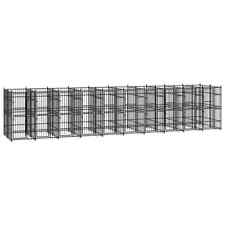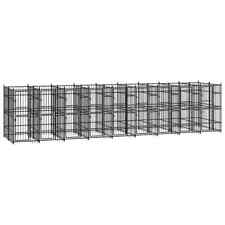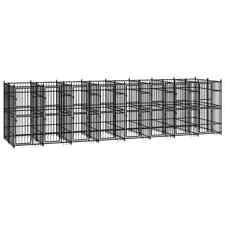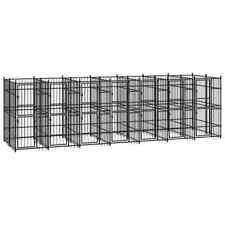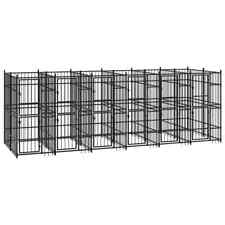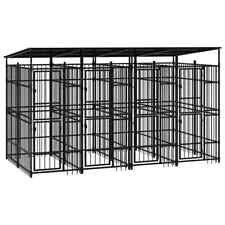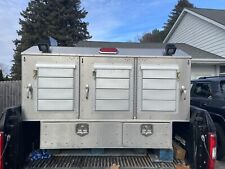Causes of Nasal Discharge in Horses

My horse has runny greenish discharge from his nose and has been coughing. He also has a diminished appetite, but does not seem to have a fever.

A nasal discharge from only one nostril can be indicative of a localized problem, such as a tooth abscess or sinus infection. However, I will assume in this case that the discharge is from both nostrils. Nasal discharge in horses should always receive attention because it can be a sign of a more serious infection. And in busy yards it’s particularly important to identify the cause. A nasal discharge is often accompanied by swollen throat glands, lack of appetite, coughing and fever. Only your veterinarian will be able to thoroughly investigate such a situation. From the information you provided and without knowing your horse’s vaccination history it is almost impossible to suggest the exact cause of his symptoms. Therefore, I recommend a thorough veterinary examination. Among the possible causes are Heaves (see link below), Upper Respiratory Tract Infections (cold), pneumonia, influenza, strangles and others.
Upper Respiratory Tract Infections in horses are similar to the "cold" in humans, but can quickly develop into more serious conditions such as pneumonia. For this reason, when the horse has been exhibiting symptoms for more than a couple of days without any signs of improvement, it is advisable to have your horse put on a course of antibiotics to prevent further complication.
When nasal discharge is from both nostrils, and is accompanied by a dry cough and lack of appetite, the cause could be equine influenza, if your horse is not vaccinated. This is particularly true when your horse also has a fever – so it is important to determine your horse’s temperature. If you suspect that your horse has influenza, it is extremely important that your horse is isolated because transmission between unvaccinated individuals can be up to 100%. However, most horses do make a full recovery unless they suffer from a secondary infection such as pneumonia. Infected horses should be given a clean, warm and dust free stall and some vets encourage light exercise to facilitate the body’s recovery.
If your horse has discharge from both nostrils but does not have a fever, it is possible that your horse has strangles, which is also a highly contagious disease. This bacterial condition results in the horse’s lymph nodes in the jawbone to enlarge, often resulting in a characteristic strangling sound when the horse breathes. If you suspect your horse has contracted strangles, contact your veterinarian immediately to begin a course of antibiotics.

Professional Dog Kennel Run - 16 Suburban Surgical stainless steel lifted kennel
$20000.00
Commercial Display Adoption Kennels 5 Cages Unique For Puppies Multiple Sizes
$9999.00
Outdoor Dog Kennel Steel 198.4 ft² vidaXL
$8635.25
Outdoor Dog Kennel Steel 178.6 ft² vidaXL
$7816.03
Outdoor Dog Kennel Steel 158.8 ft² vidaXL
$6999.28
Outdoor Dog Kennel Steel 138.9 ft² vidaXL
$6182.53
Outdoor Dog Kennel Steel 119 ft² vidaXL
$5365.78
Outdoor Dog Kennel with Roof Steel 79.3 ft² vidaXL
$4935.13
Outdoor Dog Kennel Large Dog Crate Dog Cage Exercise Playpen Steel vidaXL
$4925.99
$4900.00


